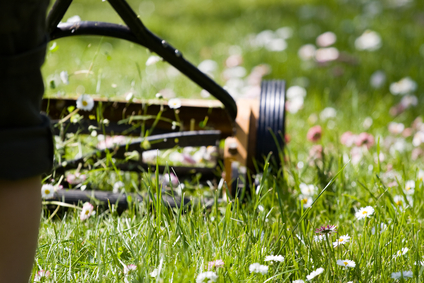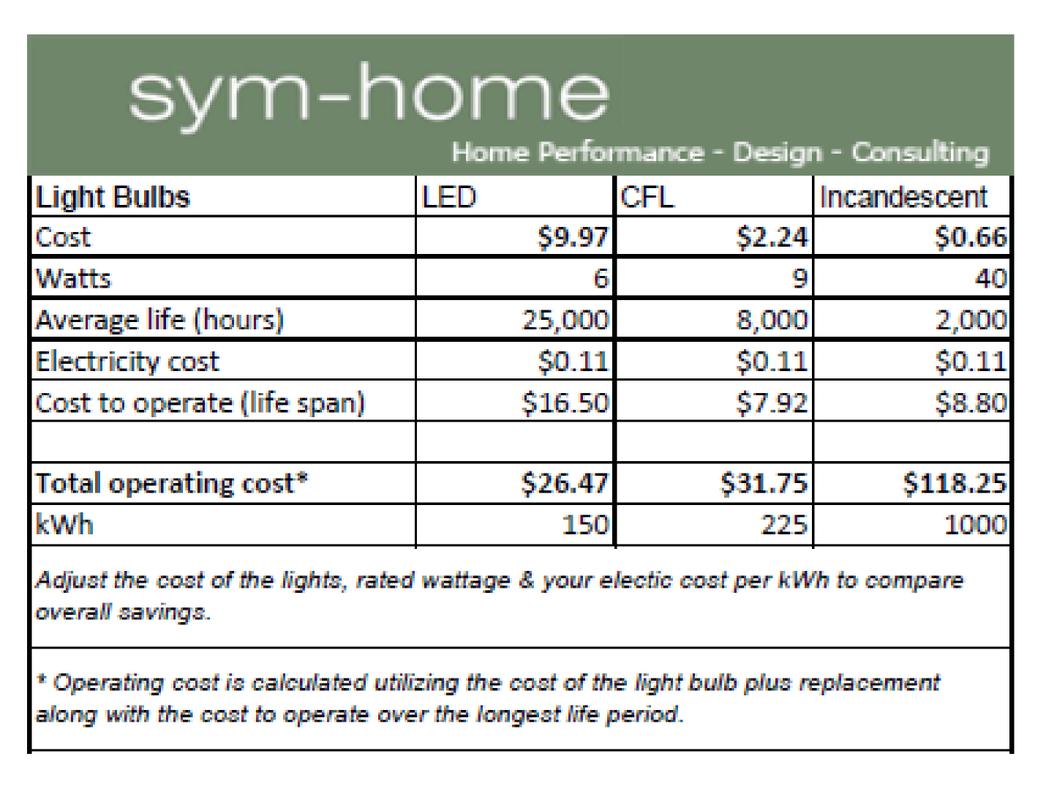|
We take pride in our lawns. There's a great sense of accomplishment when you step outside and peer upon your beautifully maintained piece of property. However, to reach that level of perfection, many homeowners believe they need to make a big investment in some pretty environmentally unfriendly products: lawn mowers, fertilizers, pesticides, and plants that aren't native to the region. It can take a toll on the environment and your wallet. Many home owners have shifted from using traditional tools and products to maintain their lawns to using old-school push mowers and eco-friendly fertilizers, and only planting vegetation native to the area. This greener thinking has led to reduced prices on lawn care items and the long-term cost of regular lawn maintenance. Here are three easy ways to change the impact you're having on the environment while caring for your lawn: Use a Friendlier MowerThe most ecologically sound of all types of lawn mowers is the reel mower, also known as a push mower or manual mower. To work it, the user pushes the mower, which spins the blade and cuts the grass. While modern lawn-care types probably regard reel mowers as anachronistic, they're actually quite effective. In addition, they're inexpensive, provide a good workout to the user and, of course, they have no harmful emissions, unlike gas-powered mowers. There's no exhaust, no leaking oil and no costly regular maintenance. Reel mowers don't make sense for larger lawns, however. In these cases, consider a corded electric mower, a cordless electric mower or one of the newer gas-powered models that are engineered to be kinder to Mother Earth. Thankfully, newer models almost always start on the first pull, and some come with a special blade that chops clipings into mulch and redistributes them back on the lawn. If a reel mower is not an option, you can find a variety of Husqvarna zero-turn lawn mowers that make sense for bigger yards. Use Eco-Friendly Lawn FertilizersMost fertilizers you find in stores contain two main elements that encourage growth: nitrogen, for blade growth and color, and phosphorus, for root and cell development. Eco-friendly options for fertilizer focus on reducing these two elements (or completely eliminating them), as grass and soil already have these two nutrients. It is usually not essential to add extra. Of course, natural options present itself alongside these fertilizer compounds, such as leaving the grass trimmings while mowing to encourage growth, utilizing compost from dead vegetation and food, or natural fertilizer from animals. Using biochar in soil has been shown to cut greenhouse gas emissions, but so far it appears it's best suited to maximizing sustainability of bioenergy crops. Each is a step in the right direction to keep your lawn (and the world) a greener place. Go NativeOnly plant flowers, trees, shrubs and grass that are native to your region. These have a lower impact on the environment due to their innate attributes to survive the region; it means that you may not need to water them as much, or use harsh pesticides to preserve them. The plants will go through their natural cycle throughout the seasons, and you won't have to spend a great deal of time and money to keep them active during a drought or cold snap. Planting native vegetation also provides shade and a natural, local look to your home that will match the community. It also attracts birds and wildlife which depend on these types of regional plants to survive. The Added Benefit of the Eco-Friendly Way of LifeOne final item worth mentioning: The value of your home has the potential to increase with these eco-friendly lawn care tips. A homeowner's ability to maintain a beautiful lawn with little work is an attractive selling point to potential buyers. How do you reduce your carbon footprint when maintaining your lawn?
22 Comments
|



 RSS Feed
RSS Feed
